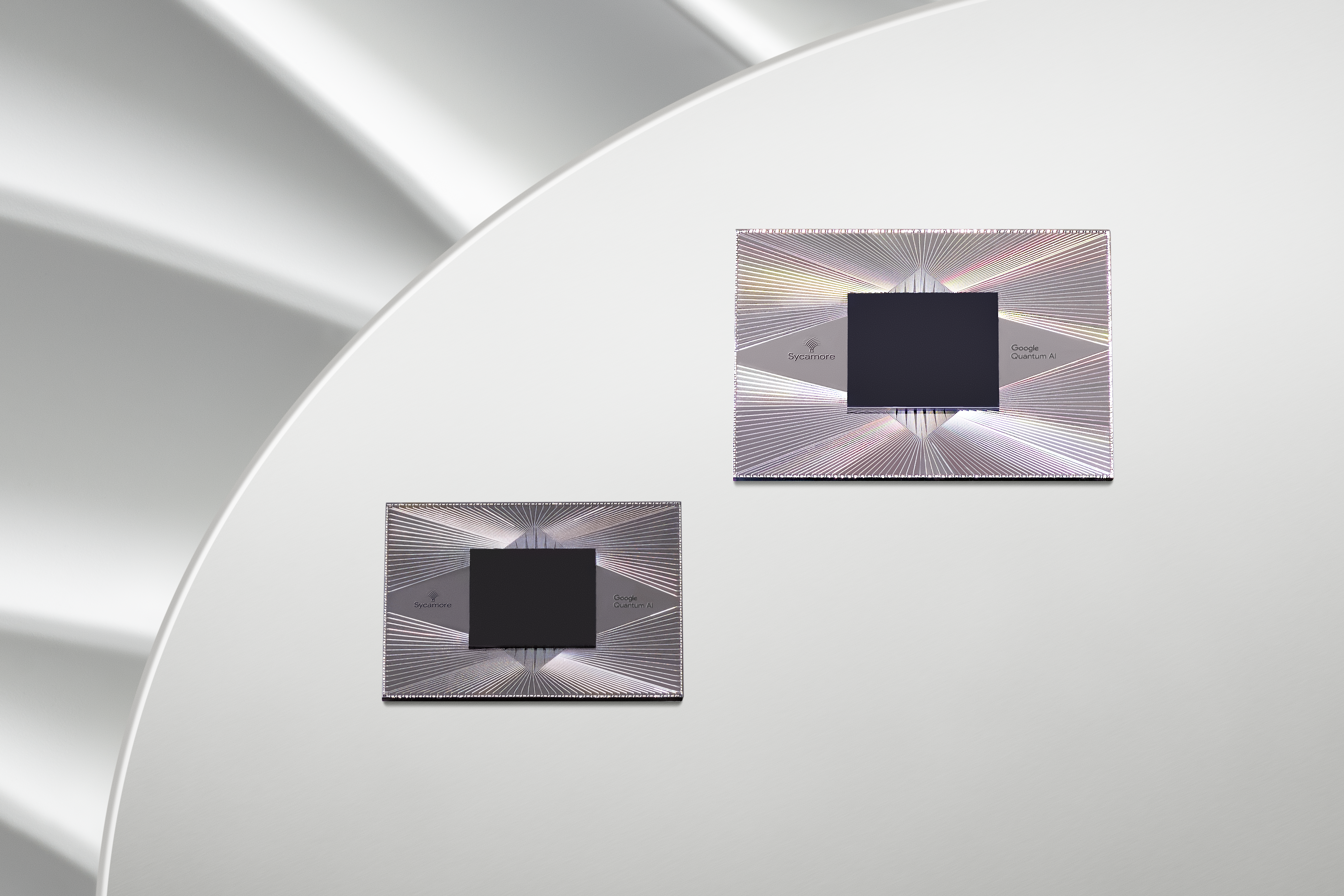Google scientists move step closer towards defeating quantum computing errors
Quantum computers use the properties of quantum physics to store data and perform computations.

Google scientists believe they are now a step closer to building a fully functioning quantum computer after making progress towards correcting the errors that affect the system.
Researchers at Google Quantum AI said they have found a way to lower error rates as the size of the system increases, which they describe as being at a “break-even point”.
Dr Hartmut Neven, engineering director at Google Quantum AI, said while there are still challenges that lie ahead, he thinks that at this stage “we can confidently promise a commercial value” for quantum computers.
He added: “So in financial language, we reached the break-even point, but that’s of course not good enough.
“We need to get to an absolutely low error rate.”
Quantum computers use the properties of quantum physics to store data and perform computations.
The basic units of information in conventional computers are called “bits” and are stored as a string of 1s and 0s.
In a quantum computer system, these units are known as qubits and can be both 1s and 0s at the same time.
In theory, this gives quantum machines much greater computational power than conventional machines, performing tasks that would take existing computers many years.
However, progress towards commercially viable quantum machines has been slow.
This is because the ability to pass information in quantum computers is fragile, and environmental interference such as heat and defects in materials can cause errors to creep up.
Controlling or removing such errors is one of the main challenges in harnessing the power of quantum computing.
For the study, Dr Neven and his colleagues created a superconducting quantum processor with 72 qubits and tested it with two different surface codes: one on 49 physical qubits, and a smaller one on 17 physical qubits.
They found that the larger surface code made from 49 physical qubits performed better than the smaller one.
Our breakthrough represents a significant shift in how we operate quantum computers
Writing in a blog post, Sundar Pichai, chief executive of Google and Alphabet, said: “For the first time ever, our Quantum AI researchers have experimentally demonstrated that it’s possible to reduce errors by increasing the number of qubits.”
He added: “Our breakthrough represents a significant shift in how we operate quantum computers.
“Instead of working on the physical qubits on our quantum processor one by one, we are treating a group of them as one logical qubit.
“As a result, a logical qubit that we made from 49 physical qubits was able to outperform one we made from 17 qubits.”
The scientists note that more work is needed to lower the error rates enough for effective computation, but added their work “demonstrates a fundamental requirement for future developments”.
Dr Julian Kelly, director of quantum hardware at Google Quantum AI, said: “The engineering constraints (of building a quantum computer) certainly are feasible.
“It’s a big challenge – it’s something that we have to work on, but by no means that blocks us from, for example, making a large-scale machine.”
Their work is published in the journal Nature.